In-House Water Testing Services at Save Home Heat Company
In a recent post by our team about water testing services available from the Colorado State Laboratory, we discussed the different types of testing packages available directly from the lab, testing costs, and the broad range of substances and potential issues that the lab provides in-depth analysis for (a link to the lab can be found below).
In this installment, we’re going to take a closer look at the reliable ‘field’ water testing services that our plumbing team at Save Home Heat Company provides for our customers in the Denver-Boulder metro area, performed in their own homes. The testing kits our water quality specialists use are an excellent complement to the more advanced services provided by the state lab, who we often direct homeowners to if circumstances indicate it makes sense.

Why Should You Consider Regular, In-House Water Testing?
Because research into water quality and the risks of potentially hazardous materials in our water is ongoing – and because municipal and government (EPA) water quality standards undergo periodic updates – keeping track of your home’s water quality can be very important. This is especially true if there are at-risk occupants in your home, such as infants, the elderly, those with serious health conditions, or pregnant or nursing mothers. Keep in mind that acceptable water quality by today’s standards may not necessarily meet revised benchmarks ten years from now. Also keep in mind that the nature of the water entering our municipal supplies changes throughout the year, and our municipal water supplies are monitored and treated, as needed, on a regular basis.
With that said, many homeowners today simply desire purer water, preferring to go above and beyond current standards, for whatever reasons.
Routine Water Testing Is Best For Ongoing Concerns
Routine testing of your home’s water supply by proven, reliable means is the best approach for homeowners that have ongoing water quality concerns. These days, that includes many families around our area. The first step can often be addressed at your home by a professional plumber who is experienced and qualified to perform field water testing, employing industry-standard procedures. As mentioned above, if our findings dictate that further testing is needed, then a laboratory setting is the next step. Serving the Bouder-Denver metro area, our team at Save Home Heat finds a fairly even mix of homes where more in-depth water testing is recommended, as well as others whose issues are fairly straightforward and are easier to diagnose.
A Note for Homeowners with a Private Well
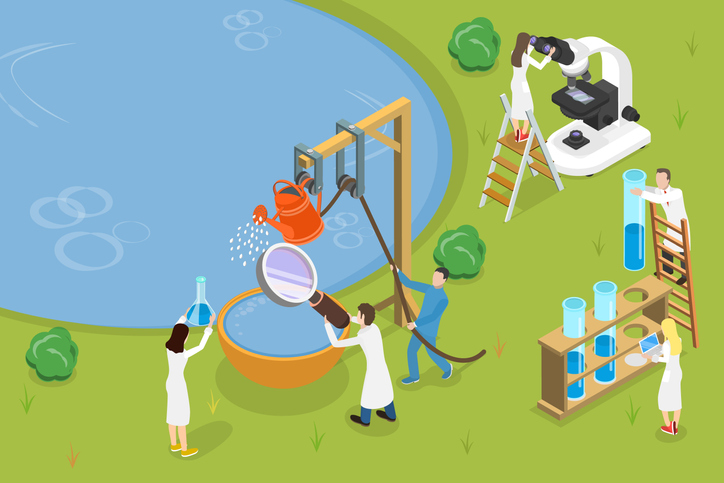 For homeowners that have a private well, keep in mind that you are solely responsible for the quality of the water you use at home. Unlike municipal water systems, your water does not require regular testing or have EPA standards that must be met. Because many nearby foothills communities are located within or close to old mining areas (think heavy metals), routine water testing may be even more important in many of those locales.
For homeowners that have a private well, keep in mind that you are solely responsible for the quality of the water you use at home. Unlike municipal water systems, your water does not require regular testing or have EPA standards that must be met. Because many nearby foothills communities are located within or close to old mining areas (think heavy metals), routine water testing may be even more important in many of those locales.
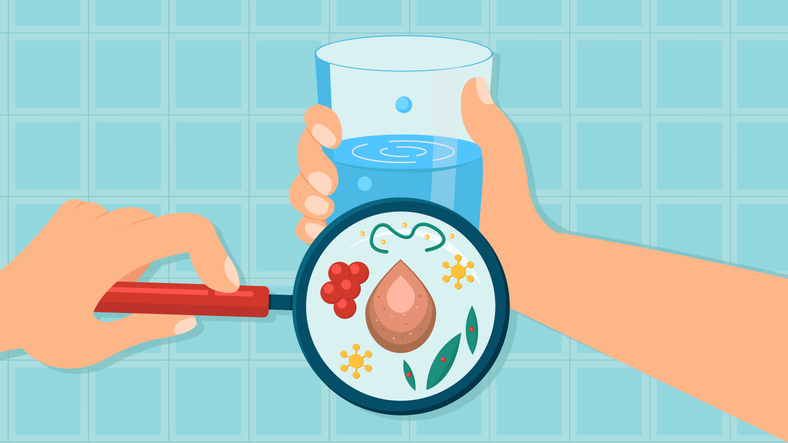
Substances & Potential Issues We Test For On-Site
Below are common substances and potential water quality issues in our area that our team can identify through in-home field testing. These potential issues often do not require additional laboratory analysis.
pH Imbalances
pH is a measure of the acidity and alkalinity levels of the water, with 1 being the most acidic (think battery acid) and 14 being the most alkaline (think liquid drain cleaner). A pH in a home’s water supply that’s too far in either direction can wreak havoc with many aspects of your home’s plumbing system, including water and drain piping, faucets, manual and automatic valves, showers, and more – potentially resulting in premature parts failures and leaks.
Many reputable health sources recommend drinking water with a pH in the range of 7.2, which is slightly alkaline. An alkaline internal environment is considered to be better for your general health and immune response than an acidic environment.
Total Dissolved Solids (TDS)
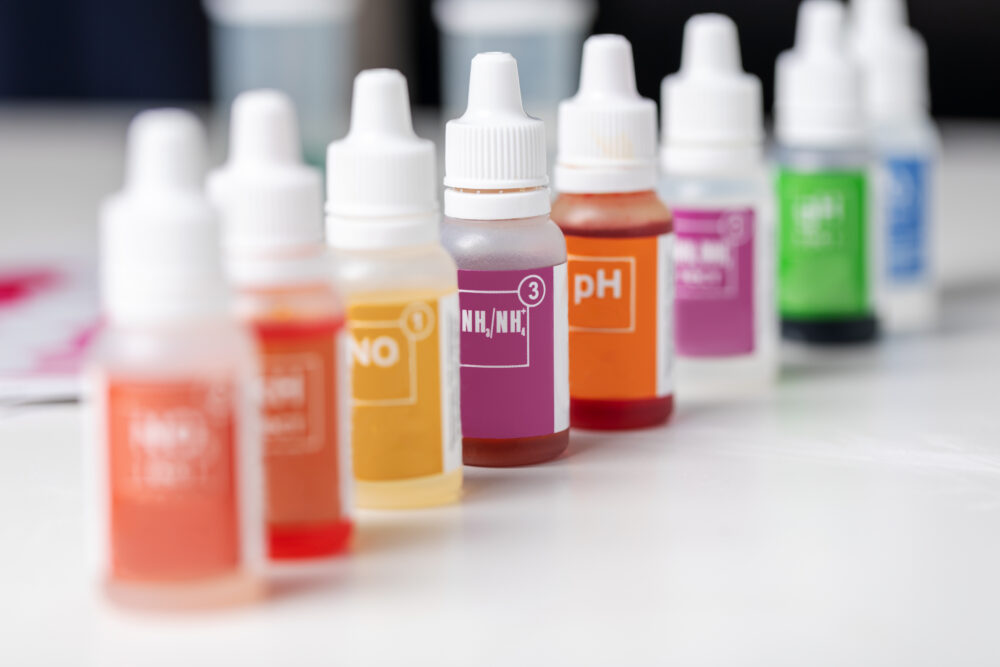 High levels of total dissolved solids in a home’s water supply, often associated with but not limited to high levels of calcium, can cause excessive scaling and deposits, negatively impacting your plumbing system in a variety of ways. High TDS can also affect the taste and smell of the water, and potentially pose negative health impacts. Very high TDS levels have been linked to kidney stones, diabetes, and heart disease.
High levels of total dissolved solids in a home’s water supply, often associated with but not limited to high levels of calcium, can cause excessive scaling and deposits, negatively impacting your plumbing system in a variety of ways. High TDS can also affect the taste and smell of the water, and potentially pose negative health impacts. Very high TDS levels have been linked to kidney stones, diabetes, and heart disease.
Water Hardness
Hardness in water is defined as the total amount of calcium and magnesium salts present in water, often in the form of bicarbonates, chlorides, and sulfates. (TDS, in comparison, measures all of the minerals present in the water, not just the hardness component.)
The primary concern associated with hard water is scale deposits, which, like pH imbalances and high TDS, can also significantly impact your plumbing system in the form of premature component failures, and can even affect general plumbing performance throughout the home. Actual piping, water faucets, shower controls, the water heater, dishwasher, washing machine, coffeemaker, ice makers, and more can suffer at the hands of excessive scale. Hard water can cost you a lot of money if it’s present at high enough levels for a long enough time.
There are no significant health effects associated with hard water, but impacts often include dry skin and hair, and loss of the effectiveness (suds) of soaps and detergents. However, it’s been noted that for people with high blood pressure, there is the possibility that drinking water with a high sodium content (hard water) could have a negative impact, raising your blood pressure.
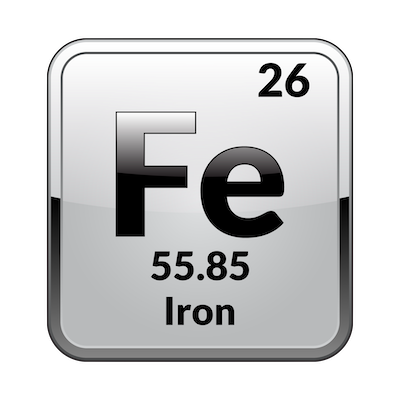
Iron
Iron does not normally present significant health concerns at typical levels, but its presence can affect the taste of your drinking water and cooked food. However, if present in a private well along with certain bacteria that feed off of iron, its presence can lead to health issues and present challenges in mitigating the bacteria in your well. In high levels, the presence of iron may also lead to health issues such as diabetes and digestive difficulties. In extreme levels, it has also been shown to be connected to potential concerns with the liver, heart, pancreas, endocrine gland, and joint health.
Copper
While consuming copper in low levels has been shown to assist in the digestive process, as well helping our bodies to heal and improving immune and antibacterial response, consuming high levels of copper has been shown to cause nausea, vomiting, diarrhea, and a variety of digestive issues. If certain members of the population, including infants and children, those with liver disease, and people with Wilson’s disease, ingest high levels of copper, they are also more likely to experience negative health impacts such as kidney and liver damage.
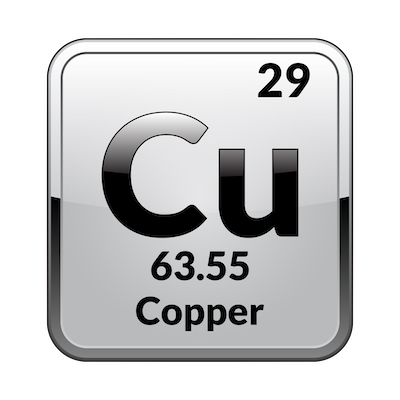
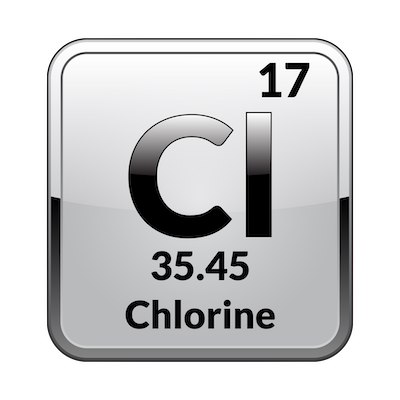
Chlorine
While chlorine is a common disinfectant added to many water supplies due to its ability to kill bacteria, viruses, and other potentially harmful bacteria, levels that are too high can result in nausea, vomiting, throat and stomach irritation, as well as eye and skin irritation. Chlorine in our water can also affect the smell and taste of the water. Chlorine is a toxic chemical; in extremely high levels the results can be much worse. Like many of these substances, sensitivity to chlorine often varies by the individual.
Lead
Lead is a toxic metal that can accumulate in the body, over time. Because of the significant health impacts that lead poses, especially for young children, the EPA has set the maximum contaminant level for municipal water sources at ZERO. According to the EPA, this is particularly relevant to drinking water, and because lead cannot be absorbed by human skin, showering and bathing does not cause as great a concern.
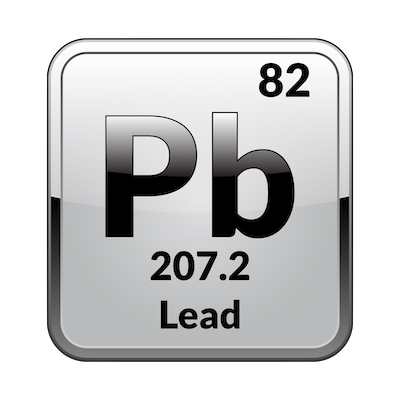
The primary sources of lead in our drinking water are its presence in old lead pipes, faucets, and plumbing fixtures that were once commonly used; additionally, plumbing solder that was used prior to 1986 for welding pipes often contained lead. It’s noteworthy that Denver Water, the municipal water supplier for the city of Denver and much of the surrounding area, has identified lead piping serving many older homes in the area and has instituted a remediation program that qualified homeowners can take advantage of.
Our Testing Procedures and Tools
 Our water quality team at Save Home Heat uses a variety of specialized field water testing kits provided to our industry by the trusted water testing company Hach Associates, who have been specializing in reliable water analysis for a broad range of residential, commercial, and industrial concerns around the globe since 1933. The components of the Hach test kits used by our team vary according to the substance or condition the water is being tested for. Detailed procedures employing the use of a variety of high quality litmus paper, test strips and color discs, reagents, and titration solutions (solutions of a known concentration) are followed closely in performing reliable field testing. Appropriate tools such as sterile droppers and test bottles are used in various testing steps.
Our water quality team at Save Home Heat uses a variety of specialized field water testing kits provided to our industry by the trusted water testing company Hach Associates, who have been specializing in reliable water analysis for a broad range of residential, commercial, and industrial concerns around the globe since 1933. The components of the Hach test kits used by our team vary according to the substance or condition the water is being tested for. Detailed procedures employing the use of a variety of high quality litmus paper, test strips and color discs, reagents, and titration solutions (solutions of a known concentration) are followed closely in performing reliable field testing. Appropriate tools such as sterile droppers and test bottles are used in various testing steps.
While field testing kits have proven to be very reliable for what they offer, and typically do a good job of identifying potential water quality issues, when more in-depth water analysis is needed or desired, we readily recommend working with an independent laboratory that can provide greater accuracy and detail than a field kit can provide.
Need Additional Testing or More Comprehensive Analysis?
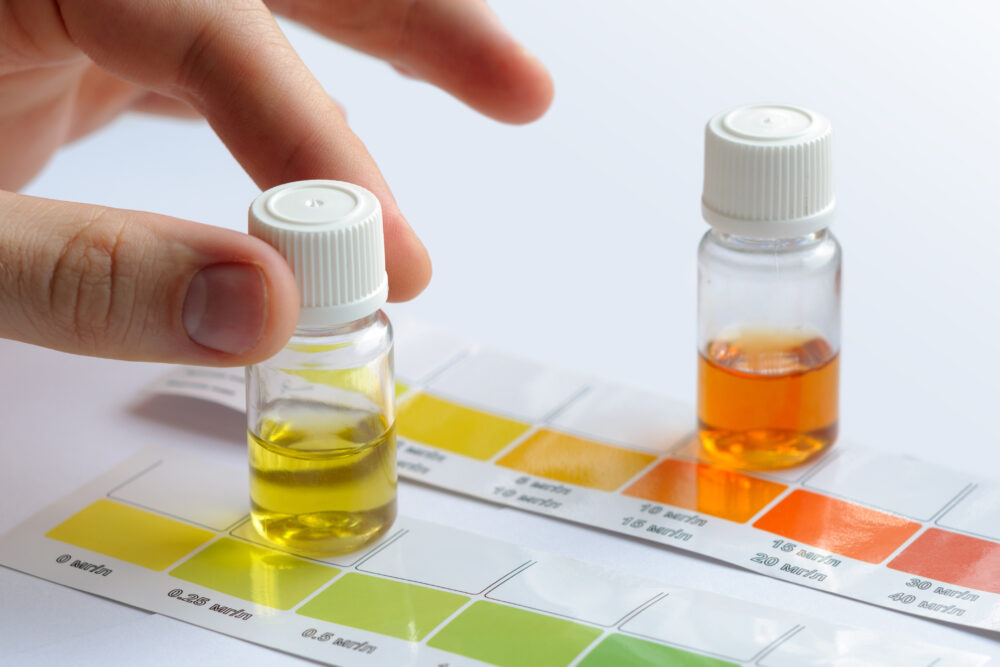 We regularly refer customers to the Colorado Department of Public Health & Environment (CDPHE), Laboratory Services Division, whenever more in-depth water analysis is indicated or desired. The Lab offers several different water testing packages, available directly to homeowners and others, addressing a range of needs from analysis for a variety of common issues and needs (such as real estate), all the way to deluxe packages including heavy metals and more. Water testing for mining and drilling operations is also available.
We regularly refer customers to the Colorado Department of Public Health & Environment (CDPHE), Laboratory Services Division, whenever more in-depth water analysis is indicated or desired. The Lab offers several different water testing packages, available directly to homeowners and others, addressing a range of needs from analysis for a variety of common issues and needs (such as real estate), all the way to deluxe packages including heavy metals and more. Water testing for mining and drilling operations is also available.
Testing package costs from the state laboratory often run in the $100 to $300 range, or even more if you desire results in a two-week time frame as opposed to the normal lead time of approximately 4 weeks.
PFAS Testing
If you have specific concerns about PFAS chemicals in your water, the CDPHE is prepared to address concerns from the public and may possibly be able to provide free testing thru a program whose funding entered an undetermined status in May of 2023 (at the time of writing this post, funds may still be available). We recommend visiting their PFAS web page asap to learn more. Your local health department may be able to advise you further regarding PFAS chemicals.


Denver-Boulder Area Water Testing Experts
If you’re interested in having your home’s water tested by one of our plumbing team members, or would like to learn more about water treatment products such as water softeners and conditioners, RO filters, whole-house water filters, or PFAS products, please reach out to us at Save Home Heat Company today. Install quotes are always highly informative, low-pressure, and free.
Please contact me to schedule a home water quality consultation!




